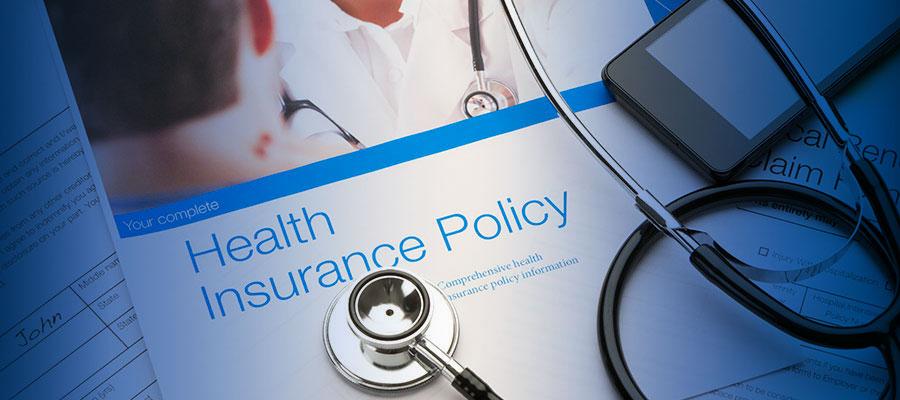CDC reports on uninsured in first six months of 2021

An estimated 9.6% of U.S. residents, or 31.1 million people, lacked health insurance when surveyed in the first six months of 2021, according to preliminary estimates from the National Health Interview Survey released yesterday by the Centers for Disease Control and Prevention. That’s not significantly different from the survey’s uninsured rate for 2020.
Among children, 4.4% were uninsured, 44.7% had public coverage, and 53.1% had private coverage. Among adults under age 65, Hispanic adults (31.4%) were more likely than Black (14.7%), white (9.0%) and Asian (6.1%) adults to be uninsured. The percentage of people under age 65 with exchange-based coverage increased from 3.7% in 2019 to 4.3% in the first six months of 2021.
Related News Articles
Headline
The House Energy and Commerce Subcommittee on Health Feb. 11 hosted a hearing titled “Lowering Health Care Costs for All Americans: An Examination of the…
News
The Centers for Medicare & Medicaid Services Feb. 9 released its 2027 proposed standards for the health insurance marketplaces, including the issuers and…
Headline
A KFF survey published today found that people view prior authorization as the biggest challenge beyond costs when navigating the health care system. In terms…
Headline
A KFF analysis released Jan. 28 found that Medicare Advantage insurers made nearly 53 million prior authorization determinations in 2024, an increase…
Headline
The AHA Jan. 26 released a white paper on addressing challenges in implementing an advanced explanation of benefits, which requires coordination among multiple…
Headline
The House Energy and Commerce Subcommittee on Health and Ways and Means Committee Jan. 22 hosted hearings on health care affordability that included…

